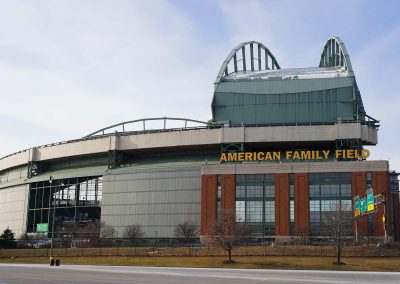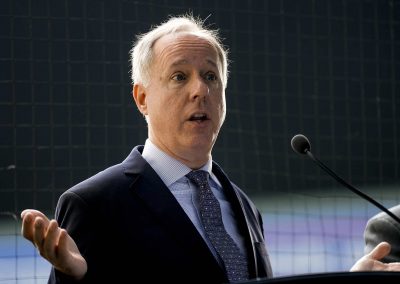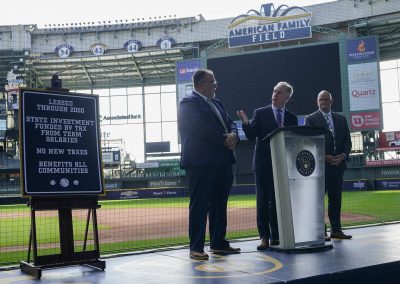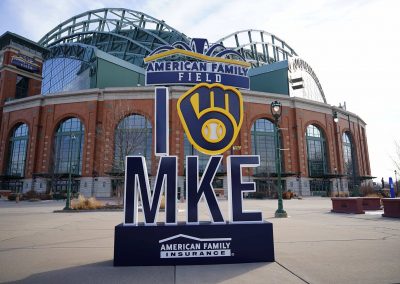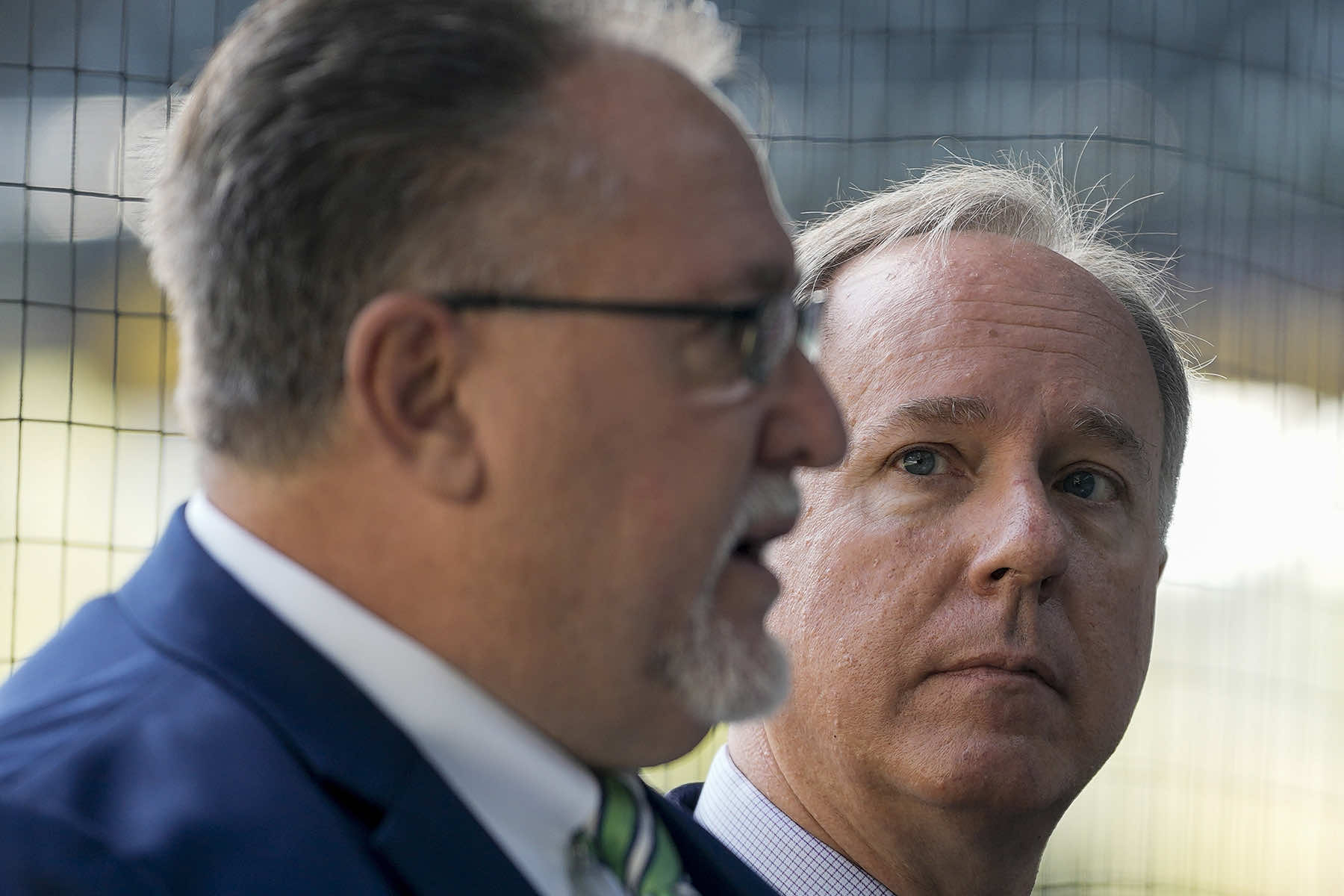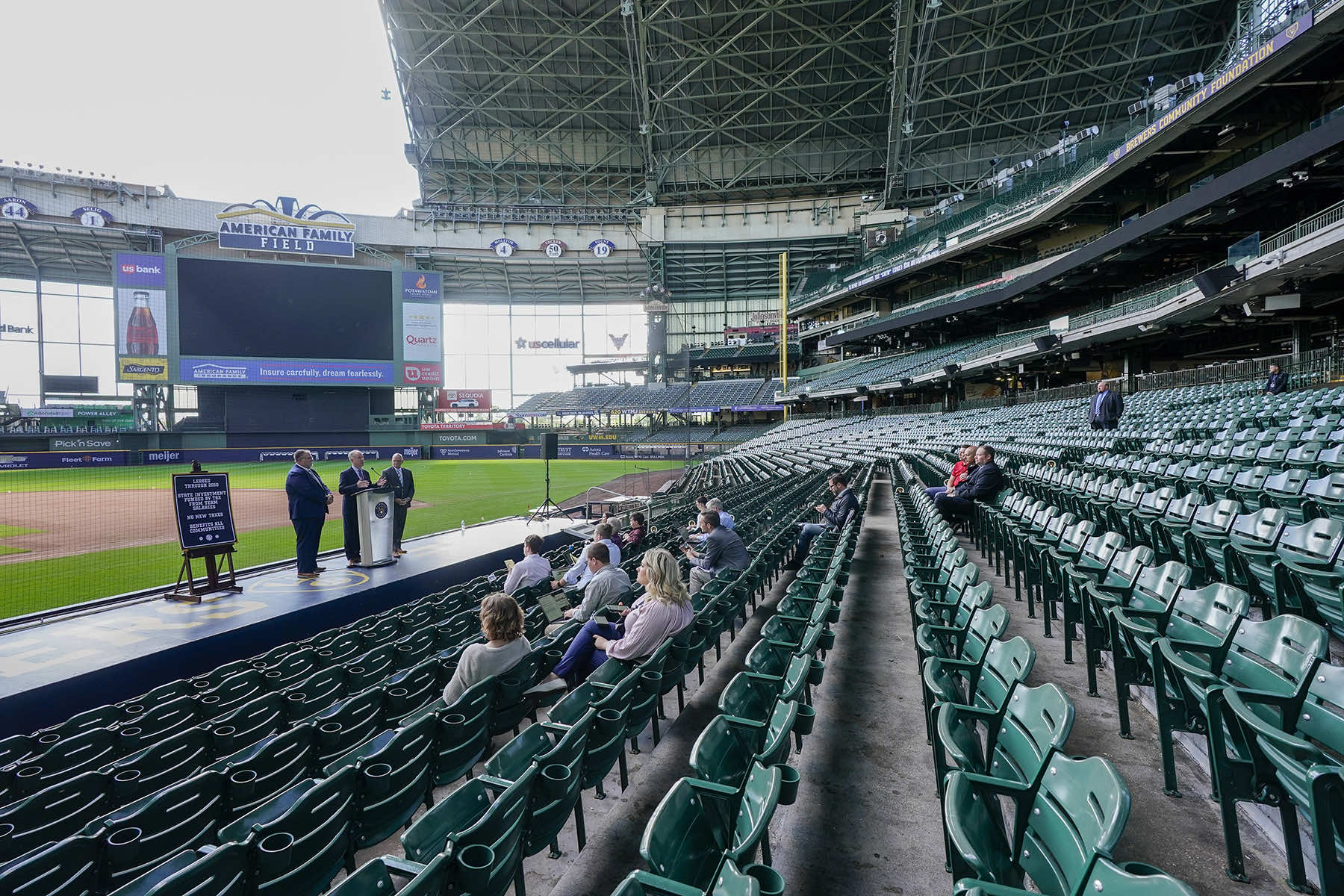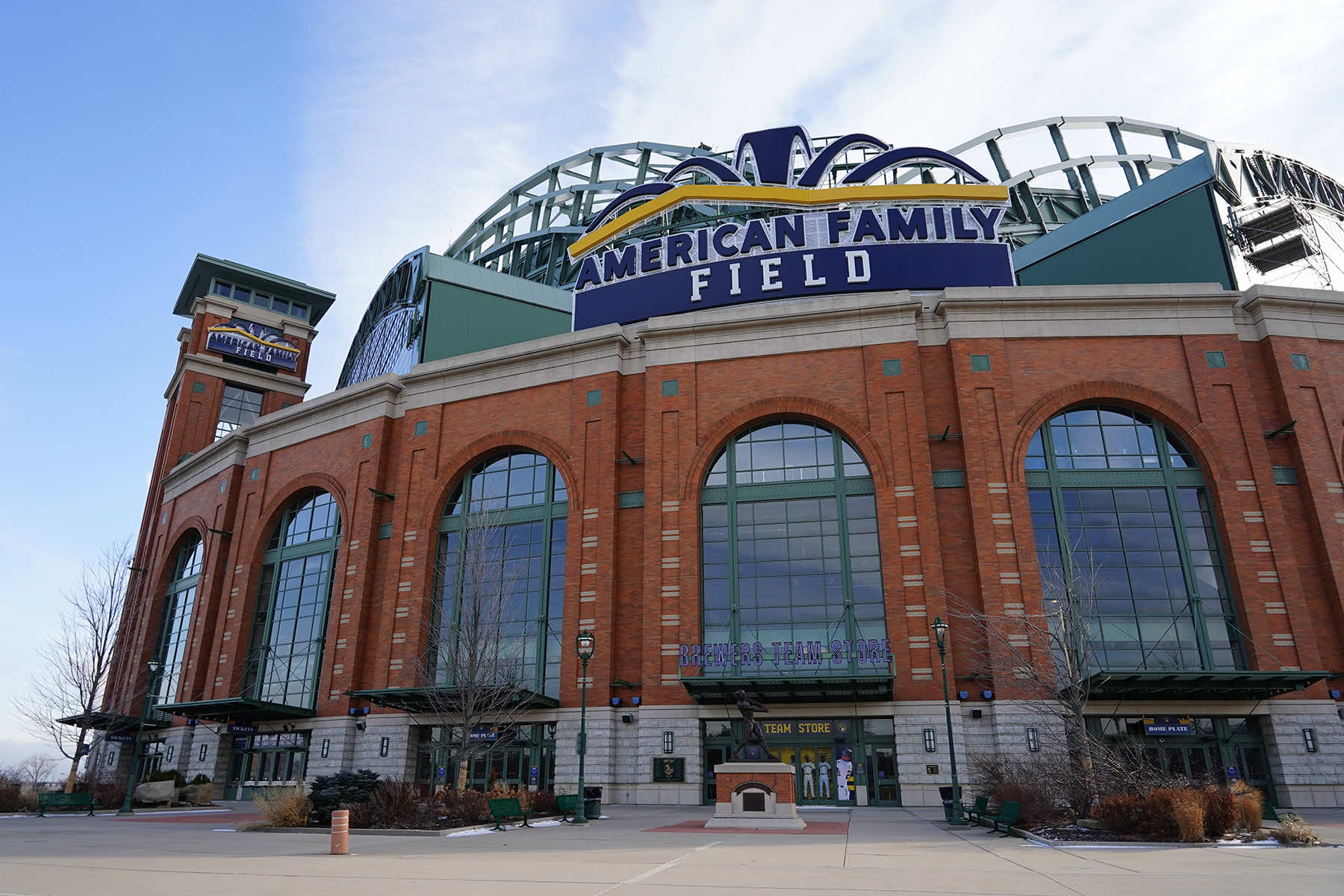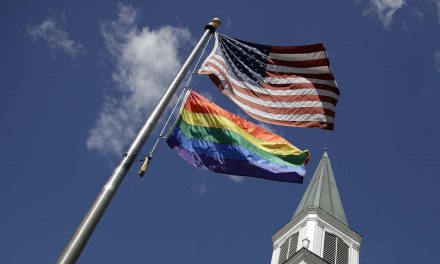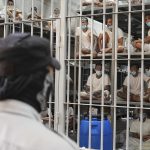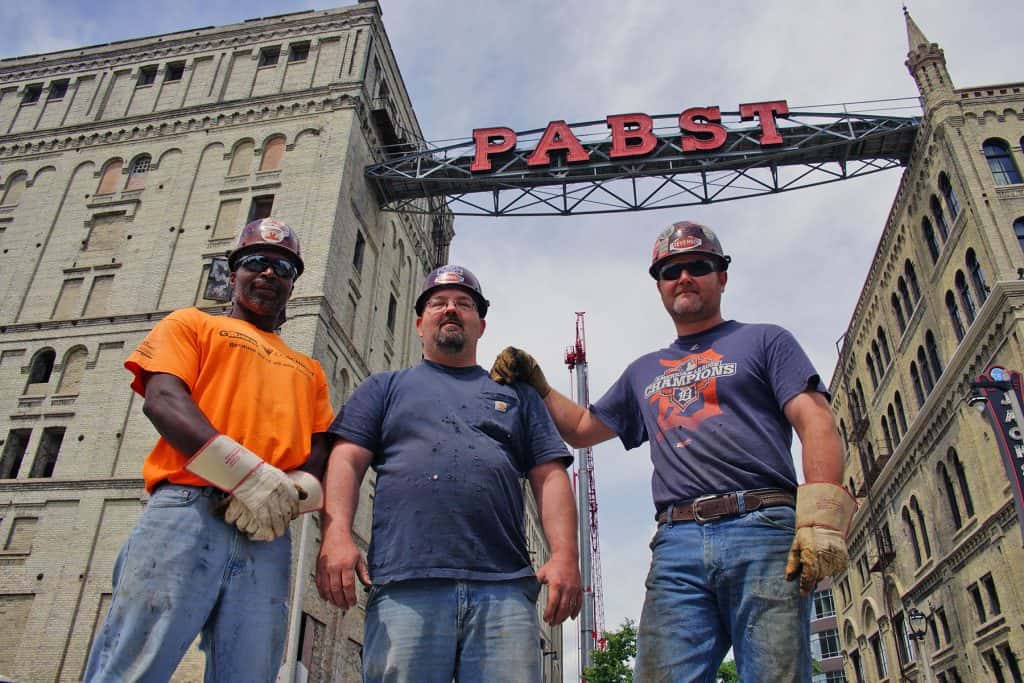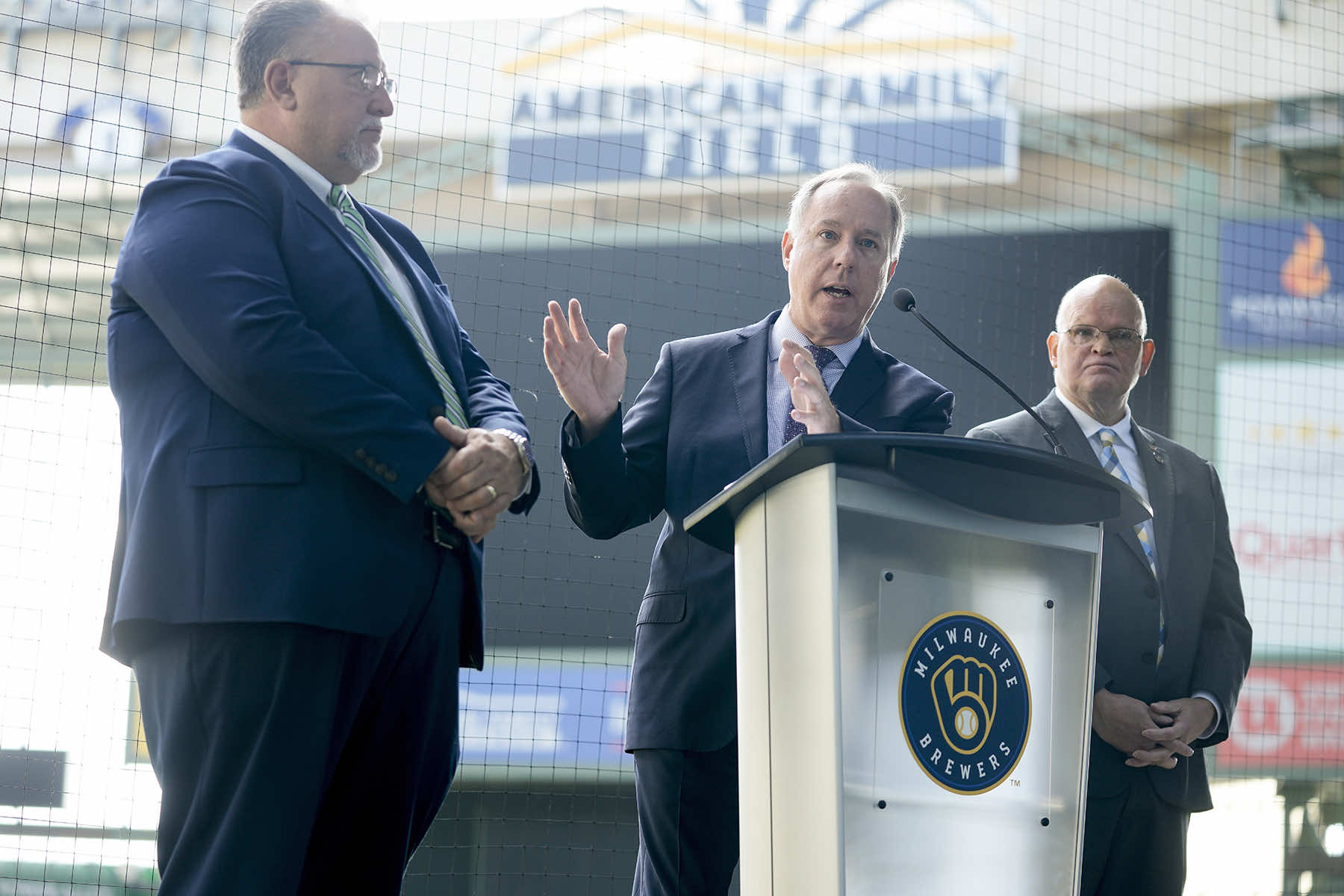
Republican legislators announced a bill on September 18 that would devote more than $614 million in public funding to repair and renovate the Milwaukee Brewers’ stadium, placing the financial burden on Milwaukee municipalities, and costing far more than taxpayers spent to build it more than two decades ago.
Under the proposal, the state would give the team $60.8 million next fiscal year and up to $20 million each year after that through 2045-46. The city of Milwaukee would be forced to contribute a total of $202 million and Milwaukee County would kick in $135 million by 2050.
“The Milwaukee Brewers are an important asset for our community. While I have yet to see the proposed legislation announced today, I look forward to discussions with partners in the Wisconsin State Legislature. I am willing to work with them to find a common ground, bipartisan solution,” said County Executive David Crowley. “However, it is important to recognize Milwaukee County is still facing a significant fiscal deficit over the next several years. Any new proposal by the State of Wisconsin must recognize that reality.”
The team would contribute about $100 million and extend its lease at American Family Field through 2050, keeping Major League Baseball in its smallest market for another 27 years.
“It’s a win for Wisconsin,” Assembly Speaker Robin Vos claimed, during a news conference at the stadium, American Family Field.
Seeking to justify the public spending, Vos said losing the Brewers to another city would cost the state and local economies tens of millions of dollars in tax revenue each year, which could lead to diminished state aid for communities around Wisconsin.
Baseball operations at American Family Field generate enough tax revenue that lawmakers can afford to give the team money without imposing any new taxes, Vos said.
Rick Schlesinger, the team’s president of business operations, called the proposal a “good first step” during a separate news conference later Monday. He said he expects the plan will be amended, but that he would be happy with it if it were passed today.
The proposal would have to pass the Republican-controlled state Assembly and state Senate and get Democratic Governor Tony Evers’ signature before it could become law. Governor Evers’ office issued a statement Monday saying he looked forward to reviewing the proposal.
Milwaukee Mayor Cavalier Johnson, a Democrat, said the proposal would put too much of a burden on the city. Since city residents are Milwaukee County residents as well, they are being asked to pay twice, he said. He also complained that the bill removed the mayor’s appointment to the stadium district board.
“I am happy there is a bipartisan push for the Milwaukee Brewers to stay here. Do I have an issue with the local tax contribution? Yeah, I do,” said Mayor Cavalier Johnson. “And not just with the local contribution, but with the makeup of the board itself.”
Mayor Johnson also took issue with the lack of development that surrounds American Family Field, with its sea of parking and little else.
Assembly Democratic Minority Leader Greta Neubauer issued a statement echoing Johnson, saying the bill asks too much of the city and the county.
Reports commissioned by the Brewers and another by a state consultant found the stadium’s glass outfield doors, seats, and concourses should be replaced, its luxury suites and technology such as its sound system and video scoreboard need upgrades, and its signature retractable roof needs repairs. Fire suppression systems, parking lots, elevators, and escalators need work also.
Schlesinger and Vos said at their respective news conferences that the renovations could include winterizing the stadium so that events could be held there in the cold months, including concerts and NCAA basketball games. Even with the stadium’s retractable roof, the temperature inside the stadium can drop below zero, they said.
According to a Legislative Fiscal Bureau memo attached to the legislation, baseball operations at the stadium currently generate about $19.8 million annually in state and local taxes. That figure is expected to grow to $50.7 million annually by 2050, according to the memo. Public funding for professional sports facilities is always a hotly debated issue.
The team’s principal owner, Mark Attanasio, has an estimated net worth of $700 million, according to Yahoo Finance. The team itself is valued at around $1.6 billion, according to Forbes. Still, the Brewers have been working for months to secure public funding for stadium repairs and upgrades.
Governor Evers proposed giving the team almost $300 million in the state budget in exchange for the team extending its lease by 13 years, to 2043. Evers would have pulled the money from the state’s $7 billion surplus, but Republican lawmakers killed the plan after Vos said he wanted a longer lease extension.
The stadium opened in 2001 as Miller Park and replaced aging County Stadium. Construction cost about $392 million and was funded largely through a 0.1% sales tax imposed in Milwaukee County and the four other counties that surround the stadium.
Construction got off to a tough start. The tax was a lightning rod for criticism; Republican state Senator George Petak was recalled from office in 1996 after he switched his vote from no to yes on the tax plan. And three construction workers were killed at the stadium in 1999 when a crane collapsed.
But the park ultimately got built. Known for its distinctive fantail retractable roof, the stadium became a destination for Wisconsin baseball fans as the Brewers experienced a resurgence in the late 2000s, advancing to their first playoff appearance in 26 years in 2008.
The team has made five other trips to the playoffs since then, including two appearances in the National League Championship Series. The Brewers currently lead the NL Central by 6 ½ games as they pursue their fifth playoff appearance in the last six years.
The five-county sales tax generated about $605 million before it expired in 2020. The stadium name changed to American Family Field in 2021 after the Brewers struck a 15-year naming rights deal with the insurance company.
The Southeast Wisconsin Professional Baseball Park District essentially serves as the Brewers’ landlord at the stadium. The Brewers’ lease calls for the district to cover repairs, but Evers’ office and the Brewers said in February that the end of the sales tax has left the district short of funds.
The package introduced on September 18 would create provisions for the state to loan the district up to $50 million for stadium repairs.

